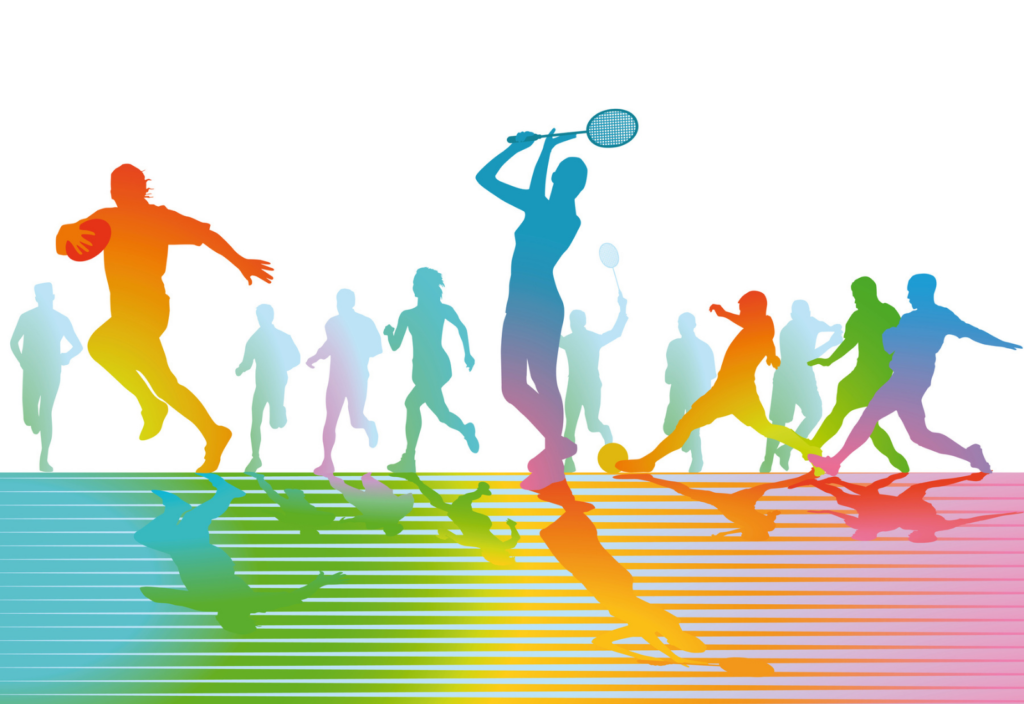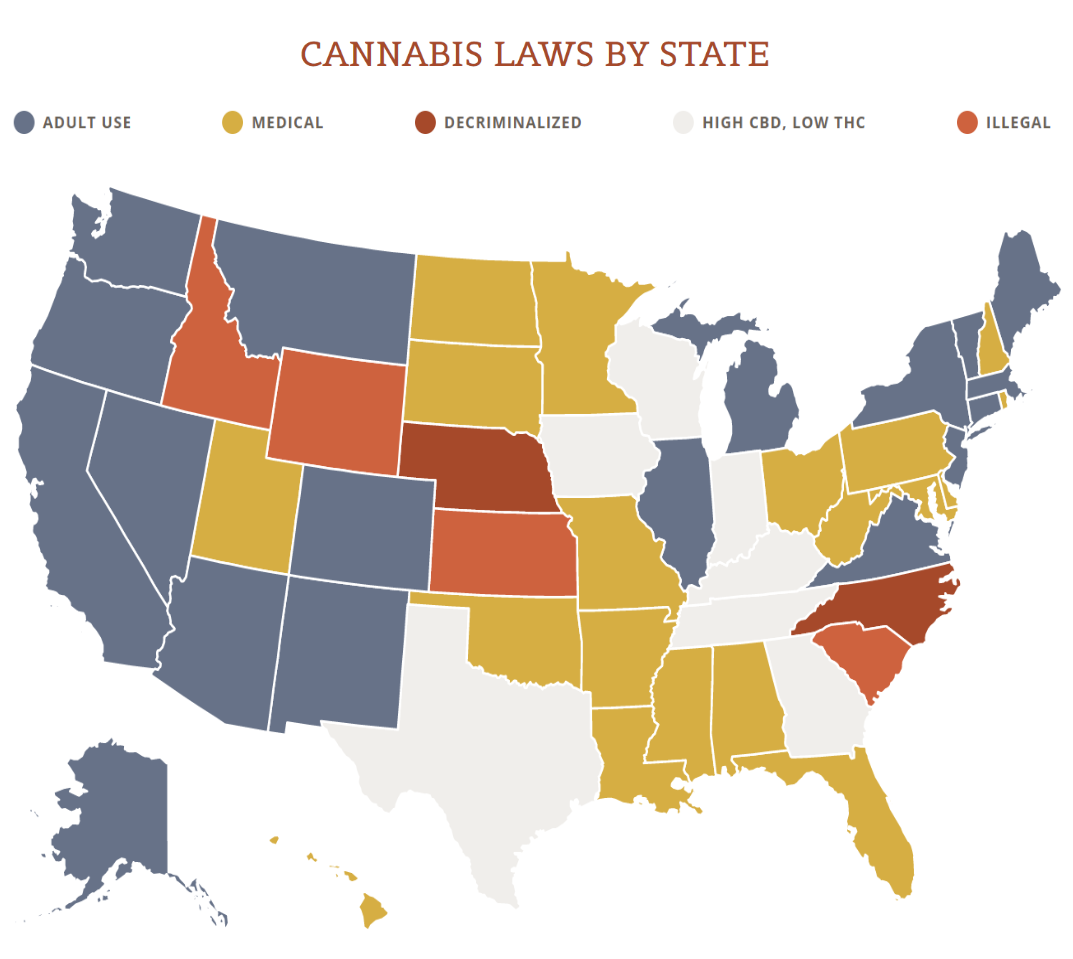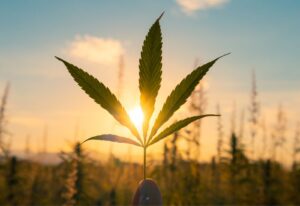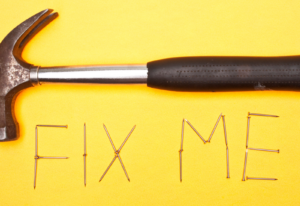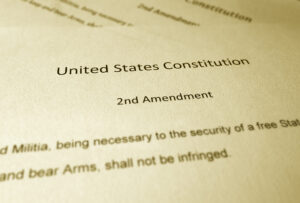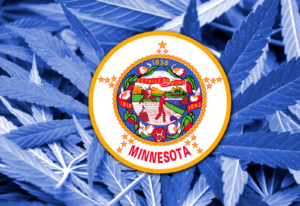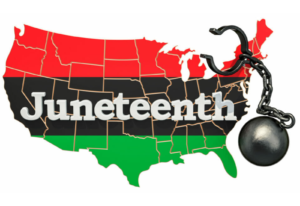On June 28, US sprinter Sha’Carri Richardson was suspended for one month by the World Anti-Doping Agency (WADA) for using cannabis, effectively disqualifying her from competing in the Olympics. The suspension of a gold medal contending athlete caught many by surprise and sparked a worldwide debate about marijuana use by athletes should be addressed. Many in the sports world quickly rushed to her defense, including Super Bowl MVP Patrick Mahomes of the Kansas City Chiefs, who called the suspension “ridiculous.”
WADA has three criteria for a drug to qualify for its prohibited substances list: (1) it represents an actual or potential health risk to the athlete; (2) it has the potential to enhance or enhances sport performance; and (3) it violates the spirit of sport.
According to a 2011 paper written by WADA scientists, marijuana satisfies all three of the criteria. First, “athletes who smoke cannabis or Spice in-competition potentially endanger themselves and others because of increased risk taking, slower reaction times and poor executive function or decision making.” Second, “based on current animal and human studies as well as on interviews with athletes and information from the field, cannabis can be performance enhancing for some athletes and sports disciplines.” Third, “use of illicit drugs that are harmful to health and that may have performance-enhancing properties is not consistent with the athlete as a role model for young people around the world.”
The reasoning of the scientists has been met with significant opposition, if not further questions. One of the reasons many people found Richardson’s suspension so shocking may be because cannabis generally is not considered a performance-enhancing drug. Additionally, whether marijuana users are inherently bad role models for young people is incredibly subjective and should not be grounds for disqualifying an otherwise upstanding citizen from Olympic competition.
View the US Map of Marijuana Legality
As more and more states have passed laws decriminalizing marijuana use, major professional sports leagues in North America have made major changes to their own marijuana policies. How these changes have come about is not uniform: some organizations update their collective bargaining agreements (CBAs) with athletes, while others have just stopped enforcing their cannabis policies. We thought this blog post would be a good opportunity to survey the major North American sporting associations and identify the current position of each with respect to cannabis testing policies (if any).
International Tennis Federation
While smoking marijuana and all forms of THC are prohibited for competition, the ITF has determined that CBD is permitted.
Major League Baseball
The MLB removed cannabis from its list of “drugs of abuse” in 2019, and now the league no longer even tests for marijuana.
Major League Soccer
Major League Soccer’s policy simply states that any substance banned by WADA is banned by the league, and FIFA adopts the same policy.
NASCAR
NASCAR tests and disqualifies drivers for marijuana use.
National Basketball Association
The NBA’s policy still includes fines and then suspensions for players who repeatedly use marijuana, but some progress as been made. Last year, while the league moved to its bubble format in Orlando, the league stopped its random marijuana testing. Since then, the league has not resumed random testing. An NBA spokesman mentioned that there are no immediate plans to reinstate random marijuana testing, wanting to focus drug testing on “performance enhancing products and drugs of abuse.” There is optimism that the NBA will change its policy more permanently, as commissioner Adam Silver mentioned that may be behind the times regarding its marijuana policy.
National Football League
The NFL has stopped suspending players for using marijuana. Any positive marijuana tests are treated on a case-by-case basis, but only if they occur during the first two weeks of training camp.
National Hockey League
The NHL has adopted quite a hands-off approach regarding marijuana. As long as the a player plays for a team in a state where marijuana use is legal, the NHL does not penalize players for using marijuana. The NHL still tests its players, but just to identify players who need additional league help rather than to punish players.
National Women’s Soccer League
The NWSL has one of the more progressive marijuana policies in sports. The league allows use of cannabinoids, such as CBD, for pain management. The league is even allowing sponsorships from the cannabis industry, as Mendi, a CBD company started by Megan Rapinoe’s sister, Rachael, has partnered with two NWSL teams.
PGA Tour
While CBD was taken off of USGA’s banned substances list in 2018, golfers can still be suspended for marijuana use. Such was the case in 2019, when two golfers were suspended after testing positive for marijuana. The suspensions have led to challenges of USGA’s marijuana policy.
Ultimate Fighting Championship
In January of this year, UFC announced that it will no longer care about positive THC tests, as long as there is no reason to believe that a fighter used it intentionally to enhance their performance. All other natural cannabinoids have been removed from UFC’s prohibited substances list.
USA Track & Field
The policy that USA Track and Field adheres to comes from the WADA, and is explained above. While WADA prohibits THC use, which Richardson used, it does not prohibit the use of CBD. However, in the aftermath of Richardson’s suspension, USA Track and Field has publicly stated that WADA policy on THC should be reevaluated.
Women’s National Basketball Association
The WNBA still tests for and penalizes use of cannabis, according to its new CBA which was agreed to in January 2020. The CBA also has a specific marijuana program that players can voluntarily take advantage of if they run into trouble with the league’s policy.
World Boxing Association
There is no universal cannabis policy instituted by WBA, as marijuana policies are generally left to state athletic commissions.
__
Richardson’s disqualification provides an excellent opportunity for sports organizations to evaluate their marijuana policies. Just Tuesday, the Nevada State Athletic Commission voted to eliminate disciplining fighters and boxers for marijuana use. While the attention of the sporting world is currently on marijuana policy, Richardson’s suspension may also be an opportunity for states and the United States as a whole to reevaluate marijuana laws. The time has come to truly examine how and why cannabis users are punished, inside and outside of sport.










